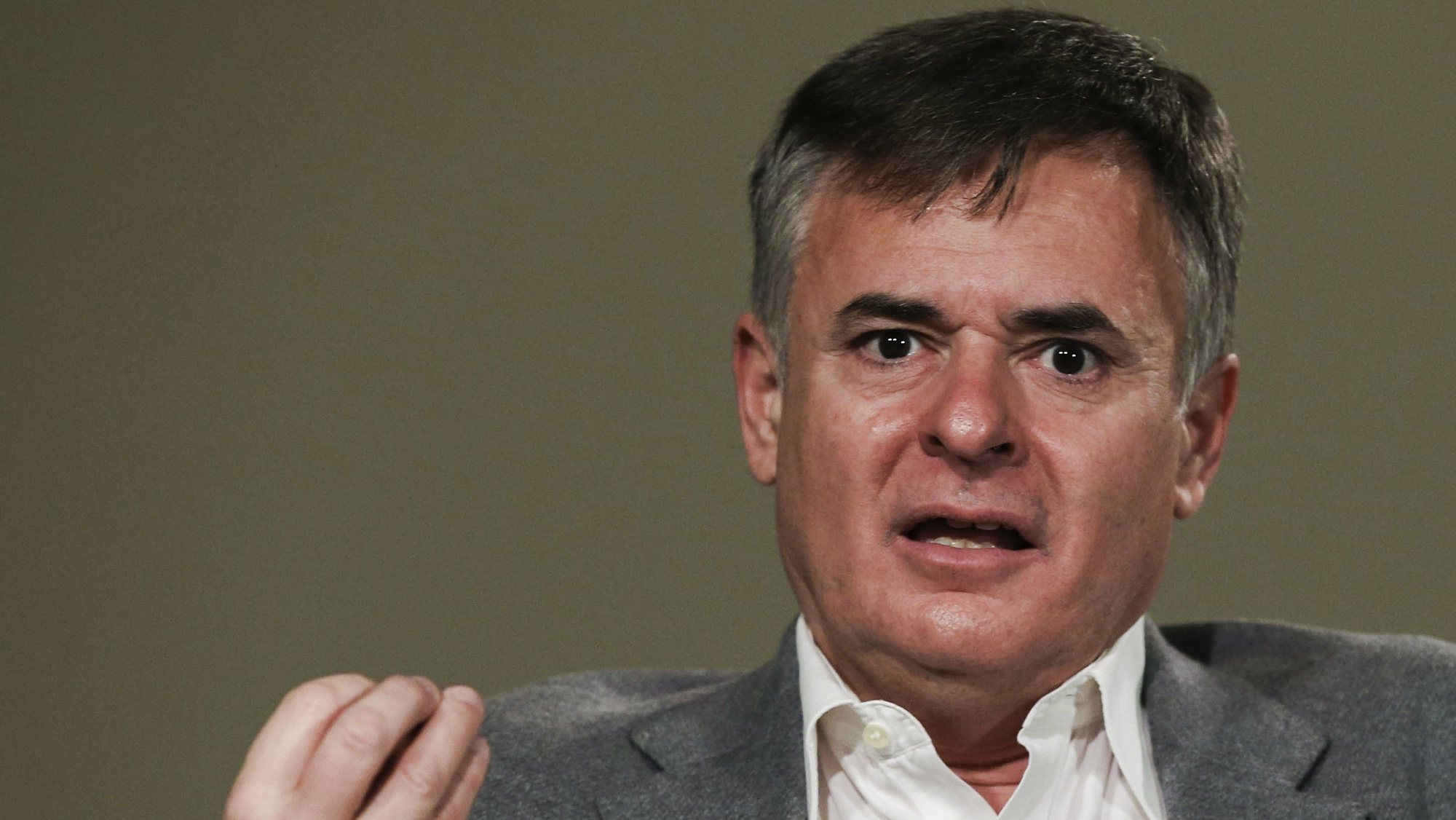The coordinator of the UTAO defends the relativization of inflation, about which he says that there is “enormous hysteria”, considering that support should be concentrated on lower-income families and asks that relative prices be allowed to operate.
In an interview with Lusa, Rui Nuno Baleiras, coordinator of the Budget Support Technical Unit (UTAO), maintains that budget policy cannot cancel the effect of monetary policy, under penalty of worsening future conditions.
It would be crazy for us to want to do in Portugal what the UK Government is doing and you can already see the chaos they got into. It is complete madness to pretend that fiscal policy is the savior of all,” he said.
For the coordinator of the technicians who support the deputies, “The state cannot be the savior of all”.
Observer basket. Prices do not give up compared to April and there are products to shrink
“The State has to guarantee minimum acceptable levels of social cohesion, focus its redistributive support on families with fewer resources, but let the rest press and respond to the stimuli generated by higher relative prices, causing the substitution of behaviors” , underlines.
Rui Nuno Baleiras says that there is “a great hysteria in the public discourse on inflation”, leaving the call: “We have to relativize the problem of inflation and reduce it to its true scale”.
For the head of the UTAO, the fight against this phenomenon implies, on the one hand, that companies and consumers change their behavior, to replace products that have become relatively more expensive with alternative ones.
This alone makes it possible to reduce the costs caused by inflation without changing behavior. And that is why it is important to let relative prices work, because otherwise companies and consumers will not make the necessary substitution. This replacement eventually leads to a drop in prices that have become more expensive because the respective producers will have less demand”, he points out.
The inflation rate jumps to 9.3% in September in Portugal. It is a maximum since 1992.
In this sense, consider that ceilings, for example, on energy prices are not the most effective strategy.
In Portugal, unfortunately, we do not know how to carry out an economic regulation of prices in these conditions and it seems that neither does it at European level. Giving the signal that it is not necessary to continue betting on renewable energies is a bad sign”, he considers, pointing out alternatives to encourage the formation of long-term supply contracts.
On the other hand, he identifies monetary policy as “the only economic policy capable of acting a little on the causes of inflation”.
It is precisely the policy adopted by the central banks, believing that the The European Central Bank should have adopted a more aggressive stance —, with consequences due to the contraction in demand, with the rise in interest rates, which he says will “pain”.
It will cause pain to families, it will also cause pain to companies that will have greater difficulties to sell, but unfortunately this pain is an unavoidable pain”, he stresses.
Given these circumstances, “the budgetary policy must concentrate the possible support on direct support for the income of the most financially needy families.”
Marcelo defends balance by the ECB to avoid stagnation
It cannot be tempted by the State to completely annul the contraction of aggregate spending that the central banks will impose”, he points out, because the consequences would not only be the maintenance of price increases for longer, but also the States, “through of this irresponsible fiscal policy”, accumulate debt and “create problems in the future”.
In this sense, he says, “the correct accounts are not a goal, they are a conditioning factor to be taken into account.” “What we must do is ensure that the political options taken by the Government and Parliament regarding the State Budget for 2023 maintain the international credibility of the country that is committed to reducing the weight of public debt in GDP,” he stresses. .
Source: Observadora
